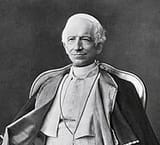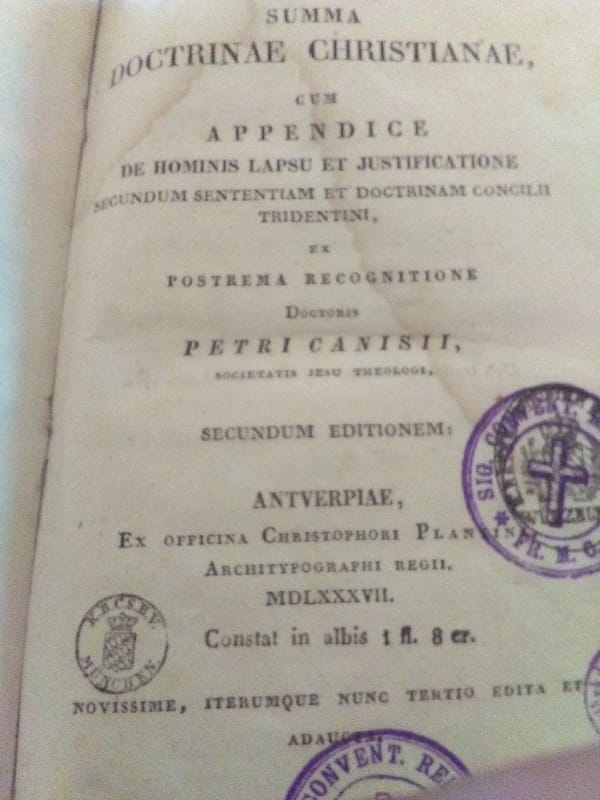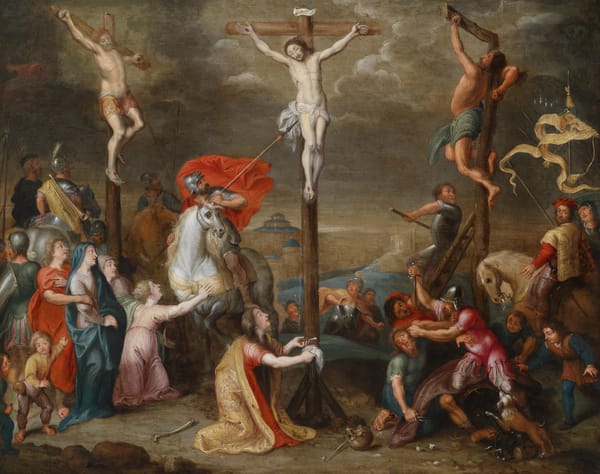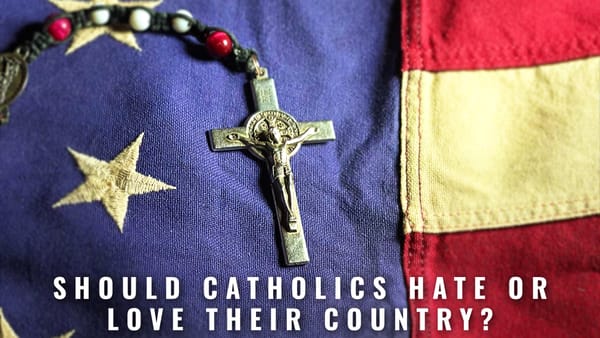Butler's Irish Catechism - Lesson 2 - On Man and the End of His Creation
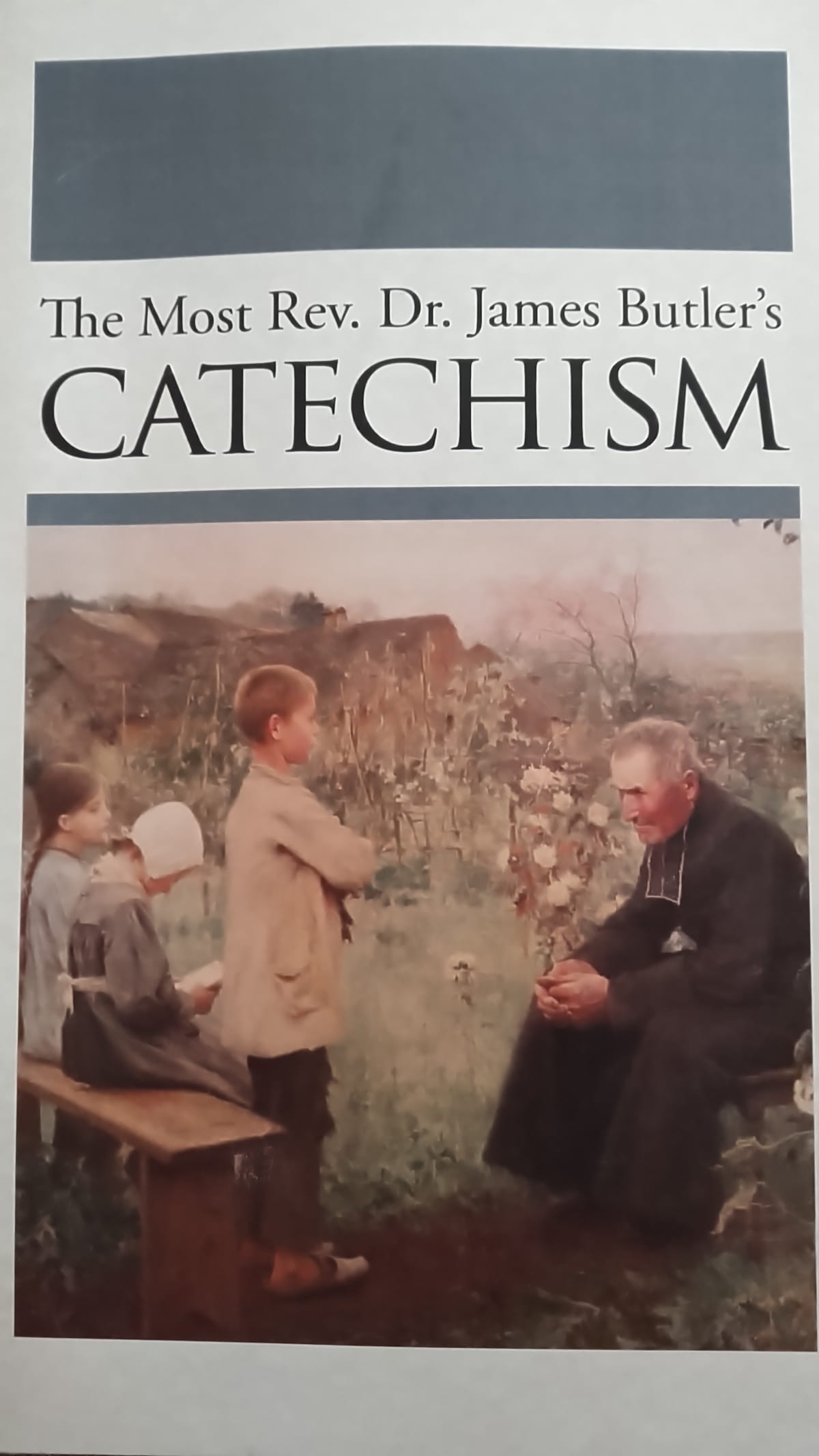
Q. What is Man? A. One of God's creatures composed of a body and soul, and made to God's likeness.
Q. In what is man made to God's likeness? A. In his soul.
Q. In what is man's soul like to God? A. In being a spirit, and immortal, and in being capable of knowing and loving God.
Q. What do you mean when you say the soul is immortal? A. I mean that it can never die.
Q. Why did God give us souls capable of knowing and loving Him? A. That we might fulfill the end for which He made us.
Q. For what end did God make us? A. To know and serve Him here on earth, and after to see and enjoy Him forever in heaven.
Q. How can we know God on earth? A. By learning the truths He has taught.
Q. Where shall we find the truths God has taught? A. They are chiefly contained in the Apostles Creed.
Commentary: Here we see very clearly man's end, or purpose: to know, love and serve God on earth so we may be happy with Him in the next. Modern man, refusing to accept this, or ignorant of his purpose, settles for "man makes his own destiny" or purpose. If this were true, morality itself could not exist. For if a man truly makes his own purpose, and he chooses a purpose which harm's another man, who can tell him he is wrong? More importantly, what truth could compel him to recognize his error? The Catholic is saved from this chaotic sea of relativism by a simple adherence to the catechism. The Catholic accepts that God made him for a specific purpose, and each man's purpose is the same: to know, love and serve God.
Summary: Man, a creature composed of body and soul, whose purpose is to know, love and serve God, fulfills this end firstly by learning the truths about God. He does this chiefly by studying the truths contained in the Apostles Creed.
